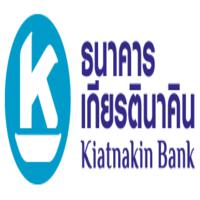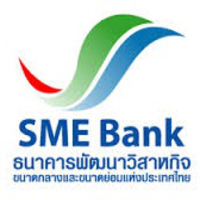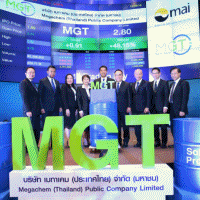- Details
- Category: บทความการเงิน
- Created: Monday, 26 January 2015 12:05
- Hits: 3874
สำนักวิจัยธนาคาร ซีไอเอ็มบี ไทย จับตาการเลือกตั้งใหญ่กรี
นายอมรเทพ จาวะลา ผู้อำนวยการสำนักวิจัย ธนาคาร ซีไอเอ็มบี ไทย เปิดเผยว่า สืบเนื่องจากประเทศกรีซกำลั
สำนักวิจัย ธนาคาร ซีไอเอ็มบี ไทย มองว่า กรีซคงไม่ออกจากสหภาพยุโรป แม้การไม่ใช้สกุลเงินร่วมในยู
สำนักวิจัยฯมองว่า ความเป็นไปได้ทางหนึ่งคือ กรีซจะเจรจาเรื่องดอกเบี้ยและผ่
อย่างไรก็ดี ค่าเงินยูโรไม่ใช่ทางเลือกที่น่
ก่อนหน้านี้ ธนาคารกลางของสวิตเซอร์แลนด์ (SNB) ยกเลิกการกำหนดกรอบล่างของค่
สำหรับ นักลงทุนที่เล็
CIMB Thai Research Office warns investors to keep an eye on an election in Greece which is seen to determine European economy and views weakening euro as an opportunity to invest in Europe despite financial turmoil
Amonthep Chawla, Head of Research Office of CIMB Thai Bank stated that according to Greece will hold a legislative election on January 25th leading to a speculation that the opposition party, Syriza, will win the election which raises a likelihood that Greece will renegotiate with IMF, ECB and the EU to increase public spending. However, Germany is unlikely to allow for such renegotiation for fear that other countries will relax the fiscal disciplinary path which could cost the Eurozone another sovereign debt crisis, giving Greece no choice but to exit the Eurozone.
CIMB Thai Bank’s Research Office doesn’t think Greece will exit the Eurozone. Of course, one benefit from leaving a common currency is that Greece can allow its Drachma to depreciate sharply for supporting its exports and tourism. However, by doing so, Greece will face difficulty financing its economy because it will lose foreign source of funds, mainly from the ECB and banks in the Eurozone. Then, what choices does Greece have? One possibility is for Greece to negotiate its interest or debt payment with the Troika for easing its cost of debt, allowing Greece to have more resources to boost up the economy. During the period of uncertainty before the election, investors are likely to liquidate risky assets and search for safe haven such as gold, US Treasury and Japanese bonds. But once Greece is out of the hook and the Eurozone is back on stability, investors are seen to return to risky assets, particularly in Europe as well as in emerging markets.
But not the Euro! Despite stability in the Eurozone without Greece exit (Grexit), the euro is projected to depreciate against major currencies following higher liquidity injected to the system through its QE program (after meeting on January 22nd). The ECB is likely to use some measures to cause the euro to lose attractiveness or even use exchange rate policy to depreciate the euro for supporting exports. Note that the Swiss National Bank lowered deposit rate to -0.75% from -0.25%, and abandoned the peg at the 1.20 franc per euro level, causing rapid capital inflows and leading to sharp appreciation of the franc. SNB is seen to prepare for the Eurozone’s QE which they are unwilling to defend. It is possible to see the euro weakening against major currencies, yet the economy is likely to recover following stability in Greece membership and higher export competitiveness.
Amonthep told investors to prepare to invest in the Eurozone assets. We think this is a good opportunity to expand business to the Eurozone through direct investment, M&A or equity investment given higher liquidity in the Eurozone amid prolonged low interest rate. But be mindful of short-term fluctuation of the market amid fears of Grexit! What if we are wrong and Greece does exit? We view that the coming Euro crisis period is a good opportunity to gradually invest in Eurozone assets anyway, particularly in Germany as Germany is projected to benefit from weakening euro to increase its export competitiveness. How about Thai exporters? Given weakening euro, imports from Thailand will appear more expensive, hindering Thai exports. However, as long as these European countries have growth (no crisis), we think Thai exports to Europe, sharing about 10% of total exports, are unlikely to be affected much. We had better worry about the cut of GSP privilege. Major concern is that the baht does not depreciate as much as regional peers, deterring our export competitiveness.




































































